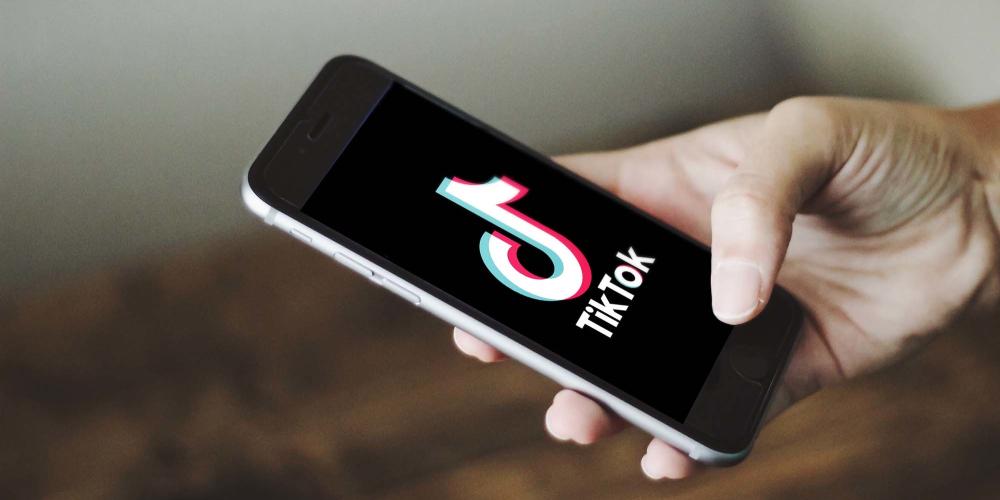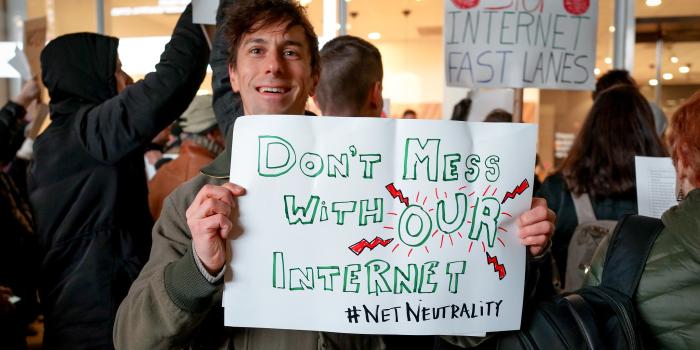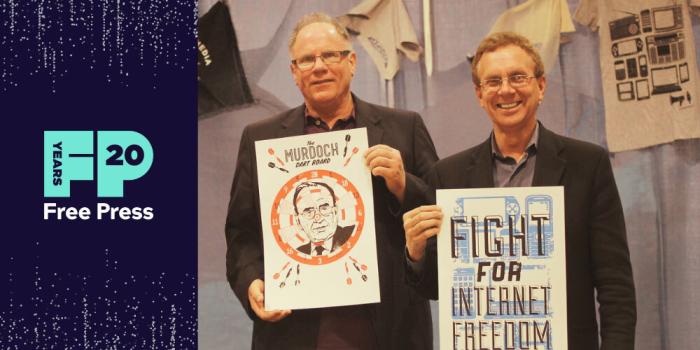Why the TikTok Ban Is a Terrible Idea

Depending on your perspective, TikTok is either a hub for hilarious videos or a tool of a Chinese Communist Party intent on harvesting the personal data of everyone in the United States.
It’s the latter belief system that drove at least some votes when the House of Representatives voted overwhelmingly to pass a bill that would force TikTok owner ByteDance to divest its holdings if it wants to keep the app available in the United States.
Problem is, the legislation is built on misconceptions about how TikTok operates. Worse, it does nothing to protect people’s privacy or blunt the widespread manipulation users face across platforms, including those owned and headquartered in the United States. Here’s the lowdown on what’s happening and why it matters.
Is TikTok getting banned?
Proponents of the legislation claim that they’re just trying to get the app under new ownership, citing “national security” concerns. But make no mistake: The bill’s requirements are so burdensome that they would result in a de facto ban, as my colleague Nora Benavidez told The Washington Post.
“It’s unrealistic that TikTok’s parent company would be able to sell the app within the U.S. within six months, which is the time period the government mandates under this bill,” she said. “Faced with that likely scenario, the penalties they’d face in the case of such an event would result in TikTok being banned.”
This is a pretty significant deal when you consider that TikTok has approximately 170 million users in this country alone — a majority of our nation’s population. Many TikTok users have expressed their devotion to the app in recent weeks, as the company has mobilized people to bombard congressional offices with calls expressing opposition to the bill.
And while it’s true that the app is home to Real Housewives parodies and other silly content, it’s not all jokes. Banning TikTok would also affect the livelihood of countless small-business owners and educators.
The owner of a plant shop told The Washington Post that joining TikTok saved his once-failing enterprise. “Banning TikTok would shut down a lot of small businesses, including mine,” he said.
Meanwhile, a 2022 survey found that one in four TikTok users use the platform for educational purposes. A CNN piece from 2023 profiled a number of educators who use TikTok to teach history that too many schools overlook. Kahlil Greene, for example, launched a series called “Hidden History” that has covered, among other topics, the xenophobic origins of the Pledge of Allegiance.
Is TikTok spying on you?
Using a rideshare app. Browsing an online store. All kinds of everyday activities generate personal data about our identities, preferences, behaviors and more. At any given time, dozens of corporations — including social-media platforms — are tracking us, analyzing our behaviors and profiting off of our private information.
An entire industry is dedicated to harvesting our sensitive data — but TikTok is hardly a unique offender. It’s ridiculous for Congress to single out one app while failing to act on this huge problem that’s prevalent across all social media.
It’s also a problem that’s difficult to escape. The 2023 Free Press report Insatiable: Inside the Tech Industry’s Quest for All Our Data noted that “even when we’re not using these platforms — even if we’ve never used these platforms — many of these companies are still collecting data on us.”
This is why Free Press Action is calling on Congress to pass federal civil-rights and privacy legislation to protect all internet users. We need a law that would limit how all companies collect, store, analyze and sell our personal data. Lawmakers should reject bills that would ban individual websites and apps.
But wait, doesn’t TikTok spread tons of misinformation?
Have you met Facebook? How about Twitter or YouTube? All three have been hotbeds of hate, misinformation and disinformation for years and years.
The 2023 Free Press report Big Tech Backslide: How Social-Media Rollbacks Endanger Democracy shows how the failures of Meta, Twitter and YouTube have created a toxic online environment that is vulnerable to exploitation from anti-democracy forces, white supremacists and other bad actors. While TikTok has actually beefed up its content moderation, collectively the other three companies have removed 17 policies that had guarded against hate and disinformation — and laid off more than 40,000 employees and contractors, with many of those job losses occurring on trust and safety teams.
Under Elon Musk’s reckless reign, Twitter in particular has become a cesspool of hate and lies. Musk has gutted content-moderation policies and reinstated thousands of previously banned accounts belonging to racists, misogynists and other extremists.
So while TikTok hardly gets a pass on this front, it also doesn’t make sense to ban it while leaving these other platforms untouched. Again, we need all of these companies to adopt and enforce policies that will protect users and safeguard our democracy — an urgent need in a year when dozens of countries around the world are holding elections.
Would banning TikTok be a problem for free expression?
Legislative bans often feel like quick fixes to legitimate policy concerns. But bans are rarely the solution; inevitably, bans like the one that would result from this TikTok bill threaten free expression and access to ideas.
If the legislation becomes law, audiences will have to find information elsewhere after losing access to the sources they typically go to. Creators will lose their online communities and revenue, and may fail to find alternative avenues for sharing their perspectives, advocating on issues and organizing with their communities.
What’s next in the fight to ban TikTok?
Following the House passage, the bill has moved to the Senate, where Sens. Mark Warner (D–Virginia) and Marco Rubio (R–Florida) are leading the charge to ban the app. A classified Senate briefing about TikTok is reportedly in the works, though the timing is unclear.
President Biden has said he will sign the bill if it reaches his desk, so we need to do what we can to stop the bill in its tracks. Already Free Press Action, the ACLU and a range of civil-rights and digital-rights groups have written Congress to register their objections to the bill.
Urge the Senate to reject the TikTok ban and instead pass real federal privacy protections.





